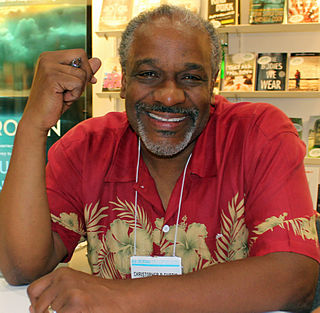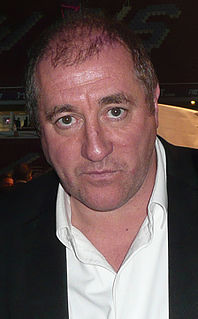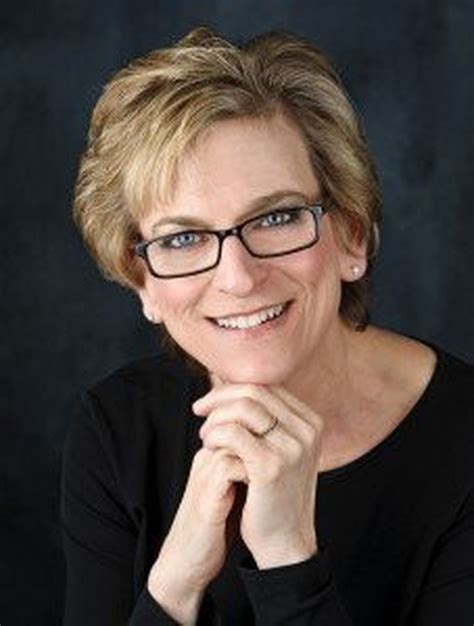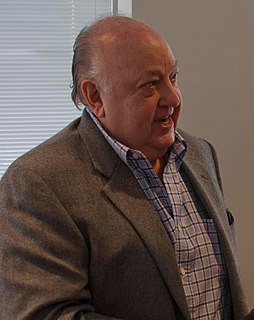A Quote by Tom Rosenstiel
Newspapers have been likened to steamships that move very slowly, in terms of their direction. And when a reporter is sent out on a story, if that reporter has his or her own personal standards and is given a certain amount of time, they're going to probably do as good a story yesterday or tomorrow as they did the day before yesterday when there was a different editor there. But an editor provides vision. An editor decides what's going to be on page one, what gets rewarded, who's given more time, who's given what beats. They set a direction.
Related Quotes
My last point about getting started as a writer: do something first, good or bad, successful or not, and write it up before approaching an editor. The best introduction to an editor is your own written work, published or not. I traveled across Siberia on my own money before ever approaching an editor; I wrote my first book, Siberian Dawn, without knowing a single editor, with no idea of how to get it published. I had to risk my life on the Congo before selling my first magazine story. If the rebel spirit dwells within you, you won't wait for an invitation, you'll invade and take no hostages.
It's great to create a story and then to submit it to your editor and see what her reaction is to it. It's great to have your editor tell what her suggestions and ideas for the story are. It's great to explain to your editor why her ideas and suggestions are bizarre and to ask her why is she trying to ruin my story.
First of all I have to ask myself what am I trying to say and who am I trying to tell the story to. So if it's just 300 words going in the Independent it's very much where, what, who and when - fantastic. If there's a little bit more scope, if I've been given 1500 words by the sports editor, and I can have a little bit of fun, then I need to maybe entertain, include some different stuff.
There are similarities between being an editor and a tailor. Tailors have a vast supply of fabrics, buttons and thread at their disposal and put it together to make a whole. That's what an editor does - looks at society at a given time and pulls together the interesting aspects into a single issue each month.
I feel like I have more experience with publishing humor than pretty much any editor I'm going to be dealing with so sometimes I'll get a little bit nuts if I write something I know is good a certain way, and some editor because of some restriction he has and wants to change it that I know is going to make it less funny that'll piss me off and then I'm inclined to go, "Well, hey I've been doing this a long time, maybe you should..." That doesn't happen that often, but I'm more likely to say that now than I would have been a long time ago. Because dammit, I'm infallible!
You can give the greatest performance possible, but if you don't have a director who's pointing the camera in the right direction and an editor who's editing it properly, it doesn't matter what you do. The director and the editor are the most important people. Not the actors. Sometimes the writer is important. But if you don't have a good director, you can't have a good production.



































